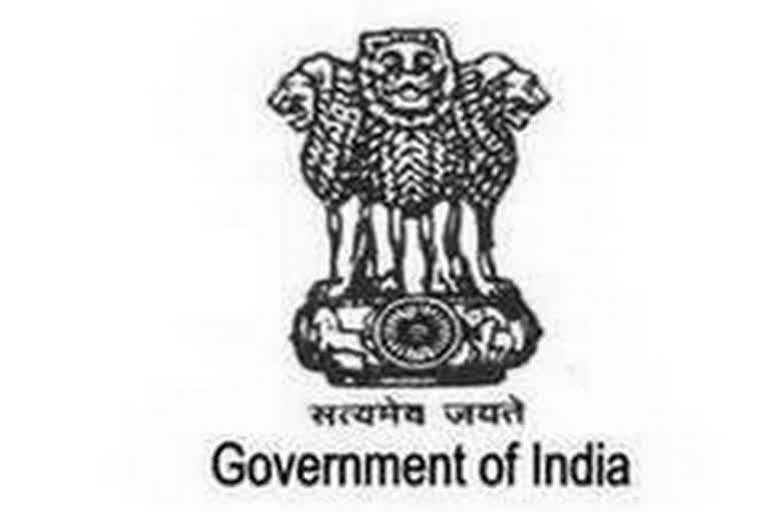New Delhi:In a major decision, the Union Cabinet on Wednesday approved a major enhancement in the allocation for scholarships granted to scheduled caste students, from existing around Rs 1,100 crores a year to over Rs 5,000 crore per year for a period of six years, which will take the total allocation by the Centre and States to over Rs 59,000 crore.
Social justice and empowerment minister Thaawar Chand Gehlot said the Centre will provide 60% of the allocation, over Rs 35,000 crore while States will provide the rest 40% amount.
“Now from this year onwards, the Centre will provide more than Rs 5,000 crore. It will be operational for the next five years, and there will be an increase of 5% every year and in the fifth year, the allocation will touch Rs 6,000 crore,” Gehlot told reporters after the meeting of the Union Cabinet in New Delhi.
The social justice minister said this year’s fund will be made available to states before the end of March next year. In order to maintain the transparency, the minister said, the entire amount by the Centre would be directly transferred to the beneficiary student’s bank account through the direct benefit of transfer (DBT).
The scholarship scheme for SC students started in 1944 before independence and according to the minister it covered nearly 23% eligible students in 2018-19.
“We aim to increase it to 27%, from class 11 to higher education, the money will be increased,” said the minister.
Gehlot said the scheme aims to cover 4 crore students from the scheduled caste community, including nearly 1.36 crore poor students who drop out of schools after high school.
Cabinet clears 100% FDI in DTH
The Cabinet meeting presided by Prime Minister Narendra Modi also cleared the guidelines that will permit 100% foreign direct investment (FDI) in the direct-to-home (DTH) service providers.
Information and Broadcasting Minister Prakash Javadekar said though the Commerce Ministry guidelines permit 100% FDI in the DTH sector, due to the guidelines of Ministry of Information and Broadcasting, the FDI in the segment was restricted at 49%.
“We consulted Telecom Regulatory Authority (TRAI) and decided to remove the discrepancy in the two guidelines which will permit 100% FDI in this important service sector,” Javadekar told the reporters.
